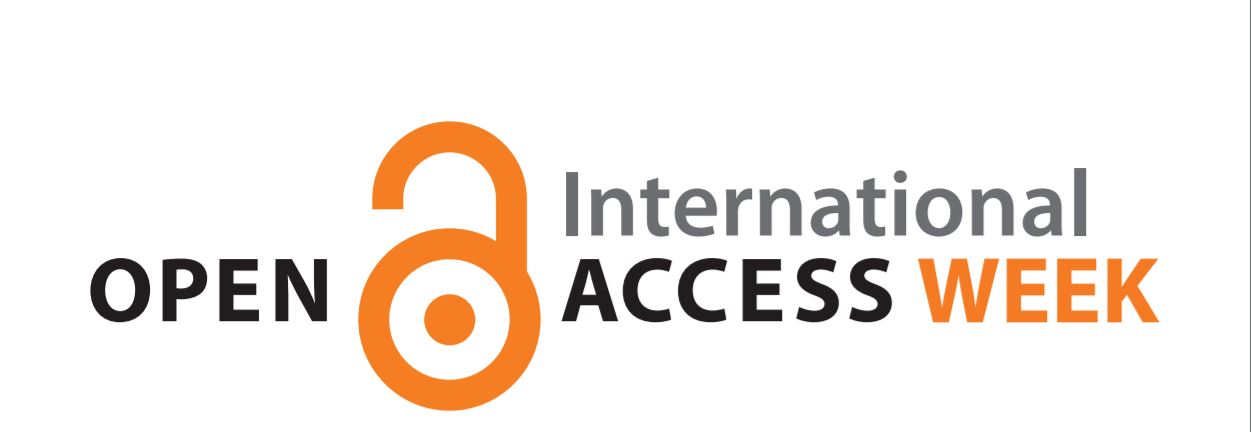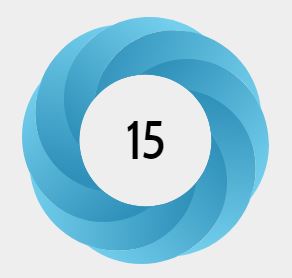 To celebrate International Open Access Week, we are highlighting some routes to achieve open access that are available to University of Reading researchers.
To celebrate International Open Access Week, we are highlighting some routes to achieve open access that are available to University of Reading researchers.
There are many routes to achieve open access for your research outputs. One route is to publish in selected Taylor & Francis hybrid journals. As the University of Reading Library subscribes to a JISC journal package, Reading authors qualify for a discounted Article Processing Charge (APC) of £450. As this fee is below the £500 threshold, APCs for these journals can be funded by the University Gold Open Access scheme.

Dr Billy Wong
In this interview, Dr Billy Wong (ORCID 0000-0002-7310-6418), Lecturer in Widening Participation at the Institute of Education, University of Reading, explains how he published three articles using this discount scheme.
How do you usually choose where to publish your work?
I usually go for the ‘best fit’ between the Journal’s scope, aims and objectives and my article. This could include factors such as the word count and the specific subject area. I’ve not regarded open access as a key priority in the past as I’ve assumed that most of my readers will be academics who will be able to read my articles through their university library subscriptions.
How did you find out that you could publish your paper as open access?
I was not sure whether I would be able to apply for payment of open access fees. I went to a People Development session on open access policies and publishing and found out through the Q&A session that the University Library had a deal with the publisher. This meant that I could publish my paper open access in a hybrid journal for less than £500 and so be eligible for funding through the University Gold Open Access scheme.
How easy was it to apply for funding?
It was relatively straight forward. The online form is clear and it is easy to submit. I heard back quickly with a decision on funding. I did not have to deal with any invoices as this was all handled by the open access team. I applied to have a recent paper made open access retrospectively once I realised that funding was available.
Were you previously aware of the deals that Reading University has with some publishers to provide open access?
No – it was only after I’d published a couple of papers in my preferred journals that I realised that there were discounts available. I would now look at the information available to researchers on the library website or ask the open access team about what’s currently on offer.
Have your articles received much attention since they were published?
With open access, I feel confident and proactive in promoting my articles via social media and email as I know that access to my work is only one click away for everyone. I can also share my article legally on collaboration sites such as ResearchGate. My articles seem to have received more attention compared to other non-open access papers in the same journal.
Will you try and make your next output open access?
Yes, if possible. I think that all publications should be open access. Open access is the first small step towards public engagement with our research. A paywall reproduces the exclusive nature of academia. As authors, it is ironic we cannot openly share our own work. Open access will hopefully amend this.
Do you have any advice for others thinking about applying for open access funding?
Apply for funding if you think you might qualify. It is important that all our research is as widely disseminated as possible. I still remember the times when I could not read an article because it was behind a paywall, which forced me to search for alternatives. We spend a lot of time researching, writing and polishing our work, so it is a shame if people cannot appreciate and use it because they don’t have access.
Attention for Dr Wong’s papers
Billy’s publications are all in Taylor and Francis hybrid journals (journals that have a subscription but also enable authors to pay to make their work open access). All of Billy’s papers have also been added to University of Reading’s CentAUR repository from where they can also be downloaded.

Altmetric score for ‘I’m good but not that good’ captured on 23 October 2017
Wong, B. (2016). “‘I’m good, but not that good’: digitally-skilled young people’s identity in computing.” Computer Science Education 26(4): 299-317. DOI: 10.1080/08993408.2017.1292604
Published February 2017, viewed 364 times on the journal website, cited by 1 other paper according to CrossRef, Altmetric score of 7 and the most mentioned output from the same issue of the journal.
The paper is also available to download from CentAUR.

Altmetric attention score for ‘Technical boys and creative girls’ captured on 23 October 2017
Wong, B. and P. E. J. Kemp (2017). “Technical boys and creative girls: the career aspirations of digitally skilled youths.” Cambridge Journal of Education: 1-16, DOI: 10.1080/0305764X.2017.1325443.
Published in May 2017, viewed 496 times on the journal website, Altmetric score of 15 and the most mentioned output from the same issue of the journal. The paper is currently at number 11 out of 15o papers tracked by Altmetric for this journal, scoring higher than 92% of its peers.
The article can also be downloaded from CentAUR.

Altmetric attention score for ‘Let me entertain you’ captured on 23 October 2017
Wong, B. and Y.-L. T. Chiu (2017). “Let me entertain you: the ambivalent role of university lecturers as educators and performers.” Educational Review: 1-16. DOI: 10.1080/00131911.2017.1363718.
Published in September 2017, viewed 508 times on the journal website, Altmetric score of 11 and at number 14 out of 241 papers tracked from this journal, scoring higher than 94% of its peers.
The article can also be downloaded from CentAUR.
For further information on how to achieve open access for your research outputs, please contact oarequests@reading.ac.uk or see the Library’s webpages.

 RSS - Posts
RSS - Posts